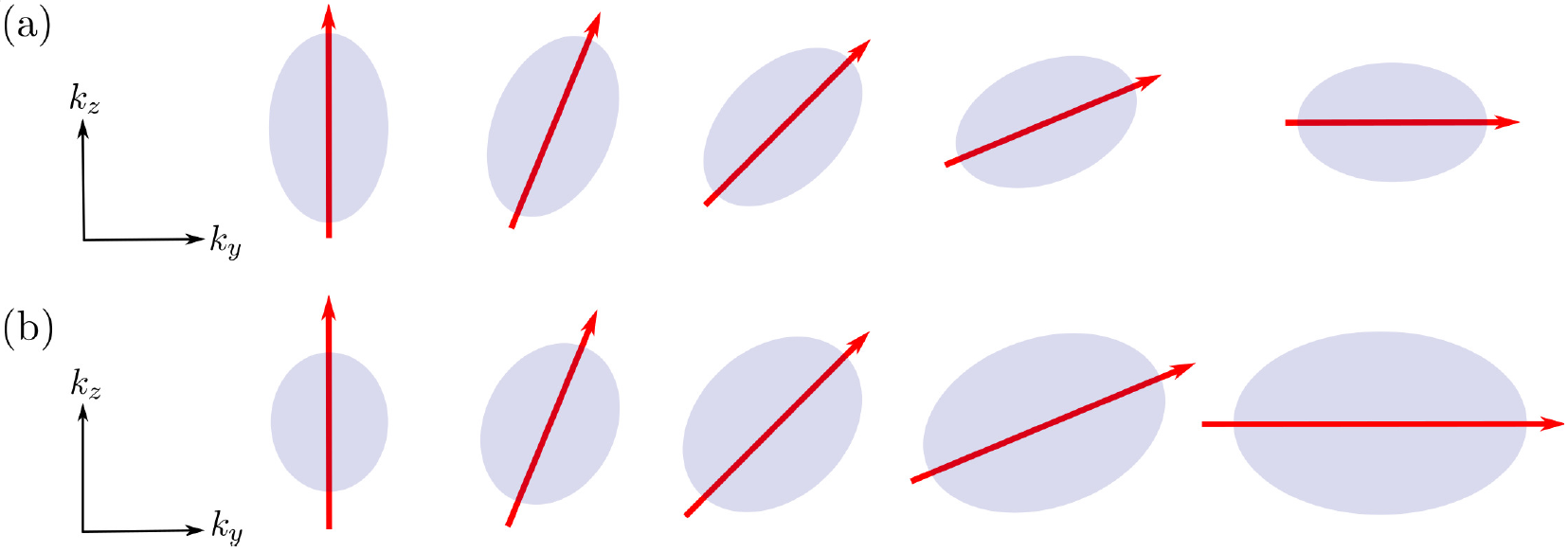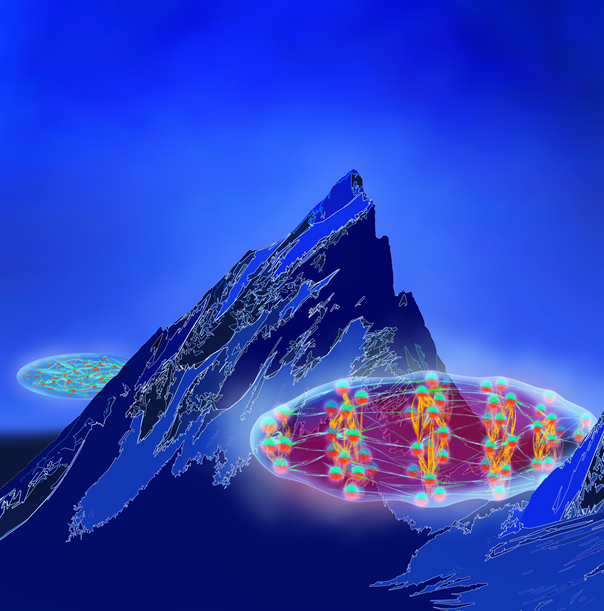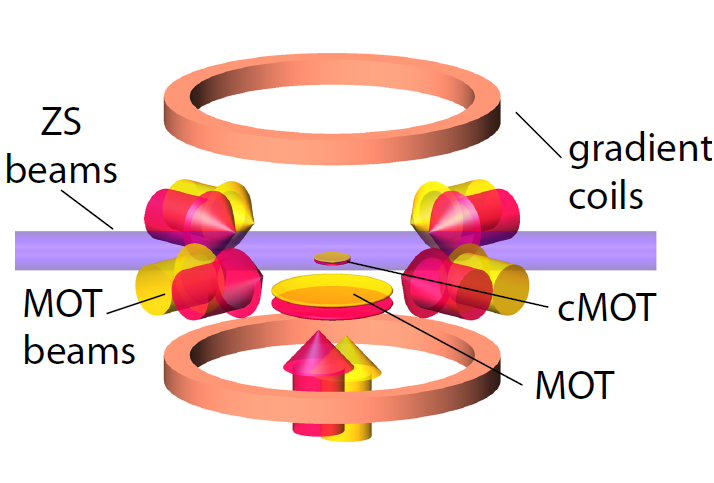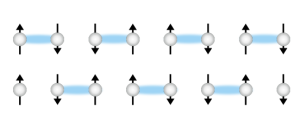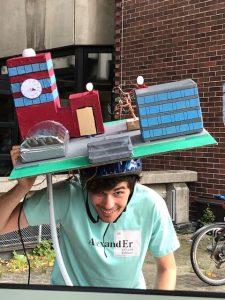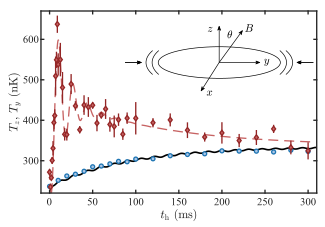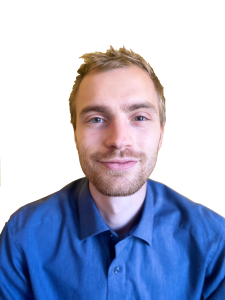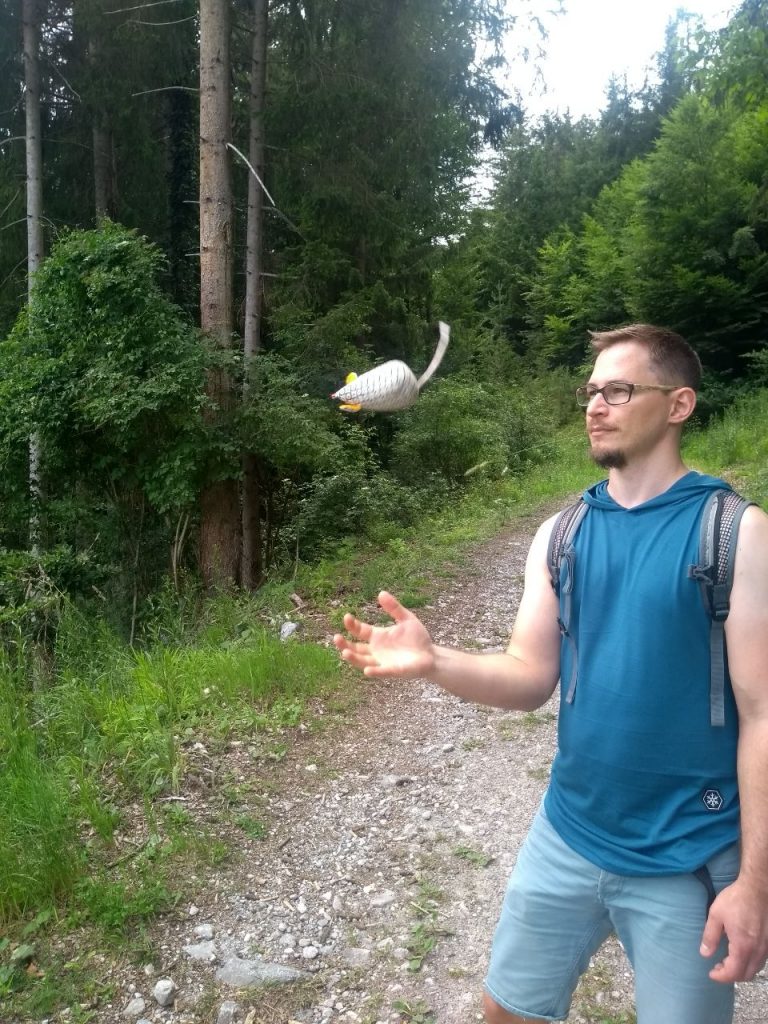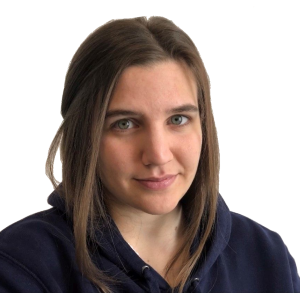
Aurora Program for Master and PhD students
Apply now for the Aurora excellence fellowship program for visiting Master and PhD students! Travel expenses and accommodation will be fully covered. More information in the “Openings 2026” menu.

Welcome to the Quantum World!
Our group travelled to the Vienna City Hall for “Willkommen Quantenwelt” celebrating 100 years of quantum science. Thanks to Quantum Science Austria and collaborators for organizing this fantastic event!

2025 Group Openings!
We are happy to announce that our dipolar quantum gas group has an Academy Scientist + Postdoc and PhD positions open for 2025!

“Dance your PhD 2025” contest by Science and AAAS
Congratulations to our PhD student Arfor, who turned our research topics into a dazzling music video!

Vortices in a supersolid
2024’s Biggest Breakthroughs in Physics: Our research on the observation of vortices in a dipolar supersolid featured by Quanta magazine!

Austrian of the Year 2024
Francesca was crowned as the ‘Austrian of the Year’ in the research category at the Austria 24 gala by Die Presse!

Summer BBQ
Our 2024 Summer BBQ took place on the 24th of June and celebrated the many different achievements of the group!

Murder Mystery Dinner
Our 2024 group dinner took place on the 18th of January at CasoinN da Giorgio restaurant, with a 1920’s Murder Mystery theme!

Glitches in supersolids: links between neutron stars and quantum matter
By emulating the connection between a rotating supersolid phase and an external solid phase, we were able to replicate “glitches” – sudden jumps in the solid angular momentum driven by quantum vortices leaving the supersolid.

Cluster of Excellence Quantum Science Austria granted
Three Clusters of Excellence in Innsbruck have been funded! With highly endowed clusters of excellence, the Austrian Science Fund FWF creates Austrian flagships of basic research. The University of Innsbruck will coordinate the Cluster of Excellence for Quantum Sciences.
Our group studies dipolar quantum gases made of Erbium (Er) and Dysprosium (Dy) atoms. These extraordinarily magnetic species are a powerful new resource for reaching quantum simulation with strong connectivity, in which each atom is coupled to the other over long distances, and exploring exotic phases of matter that have no classical counterpart.
We have four labs: the ERBIUM LAB, where Er was Bose condensed for the first time ever; the Er-Dy LAB, which studies quantum dipolar mixtures under a quantum-gas microscope; the T-REQs LAB, where we trap Er atoms in arrays of optical tweezers for Rydberg physics; the dy2b LAB, currently under construction – this new experimental apparatus will be used to study many-body phases of highly-magnetic dysprosium and of mixtures with non-magnetic ytterbium; and the DyPQ-S LAB currently build up in San Sebastian, where we will trap Dy atoms in tweezers for quantum simulation and quantum computation. The Theory Group completes our team studying and predicting dipolar phenomena in dipolar quantum gases and mixtures.
The group, led by Francesca Ferlaino, is jointly located at the Institute for Experimental Physics (IExP) of the University of Innsbruck and at the Institute for Quantum Optics and Quantum Information (IQOQI) of the Austrian Academy of Sciences, and it is part of the Innsbruck Center for Ultracold Atoms and Quantum Gases.
Follow our group’s updates on Bluesky  and LinkedIn
and LinkedIn  !
!
News from the labs
In collaboration with our theory colleagues from Serbia (Antun Balaž, Vladimir Veljic), Germany (Axel Pelster) and Brazil (Aristeu R. P. Lima), we have investigated the ground-state properties of dipolar Fermi gases, extending the current understanding to the case of arbitrary dipole orientation and trapping geometries.
Keep Reading ...
Now in Nature Physics! In collaboration with our theory collaborators from Innsbruck (Rick van Bijnen) and Hannover (Falk Wächtler and Luis Santos), we have observed for the first time so-called roton quasiparticles in an ultracold quantum gas of highly magnetic bosonic erbium.
Keep Reading ...
The magic of Er and Dy: magneto-optical trap with only 5 beams!
Keep Reading ...
Group news
Together with collaborators at ICFO, Barcelona, we investigate the topological nature of the bond order wave, paving the way towards an efficient quantum simulation of topological phases in many-body quantum systems
Keep Reading ...
Alex Patscheider successfully defends his PhD thesis and becomes Doctor of Philosophy!
Keep Reading ...
Now published in Physical Review A with collaborators from JILA, Boulder (Co), we accurately determine the scattering length for four bosonic erbium isotopes.
Keep Reading ...
Welcome and goodbye
Welcome to Arfor, who has joined the Erbium team as PhD Student.
Keep Reading ...
After 5 productive years in the Dipolar Quantum Gas Group, Arno Trautmann is moving to the University of Tübingen as post-doc in the group of Professor Christian Groß. We wish you great success in your next adventure in physics
Keep Reading ...
Welcome to Nefeli Ioli Sonnberger, who has joined the Er-Dy team for her master thesis.
Keep Reading ...
 and LinkedIn
and LinkedIn ![]() !
!










